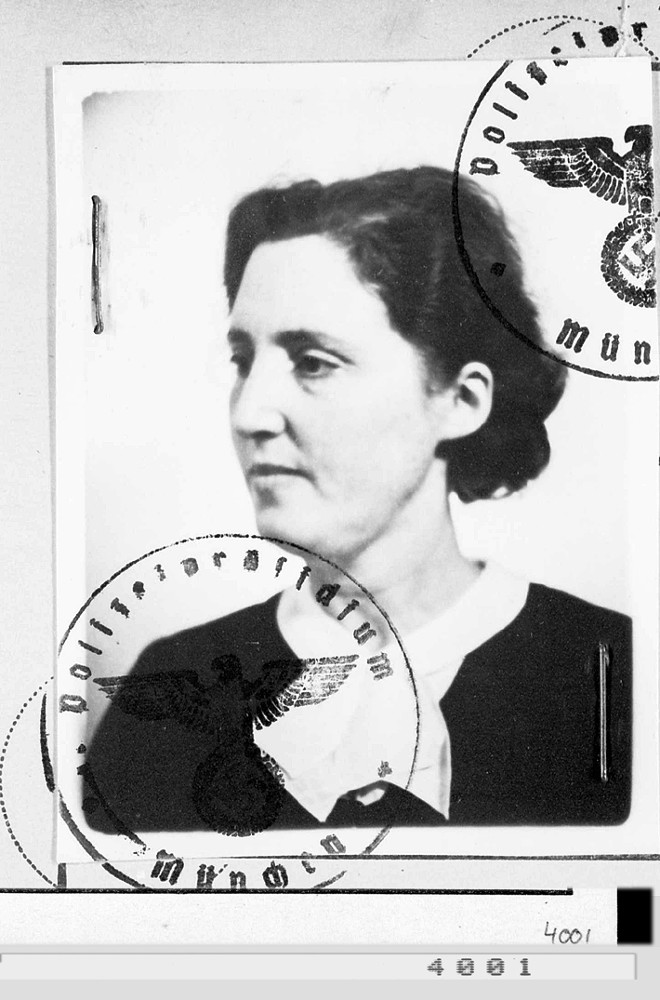Quellen
Gauch,
Sigfrid: Spies, Gerty, geborene Gumprich, in: Neue Deutsche
Biographie (NDB), Bd. 24, Berlin 2010, S. 692f.
Salamander,
Rachel: „Es hat etwas Versöhnendes“. Das Schreiben der Gerty
Spies, in: Münchner Beiträge zur jüdischen Geschichte und Kultur, 1, 2008, S. 49-72.
Wall,
Renate: Lexikon deutschsprachiger Schriftstellerinnen im Exil
1933-1945, Gießen 2004, S. 417ff. (Eintrag zu Spies, Gerty).
Werke von Gerty Spies:
Theresienstadt. Gedichte, München 1947.
Drei Jahre Theresienstadt, München 1984.
Im Staube gefunden. Gedichte, München 1987.
Das schwarze Kleid. Eine Erzählung, München 1992.
Bittere Jugend. Roman, Frankfurt am Main 1997.


